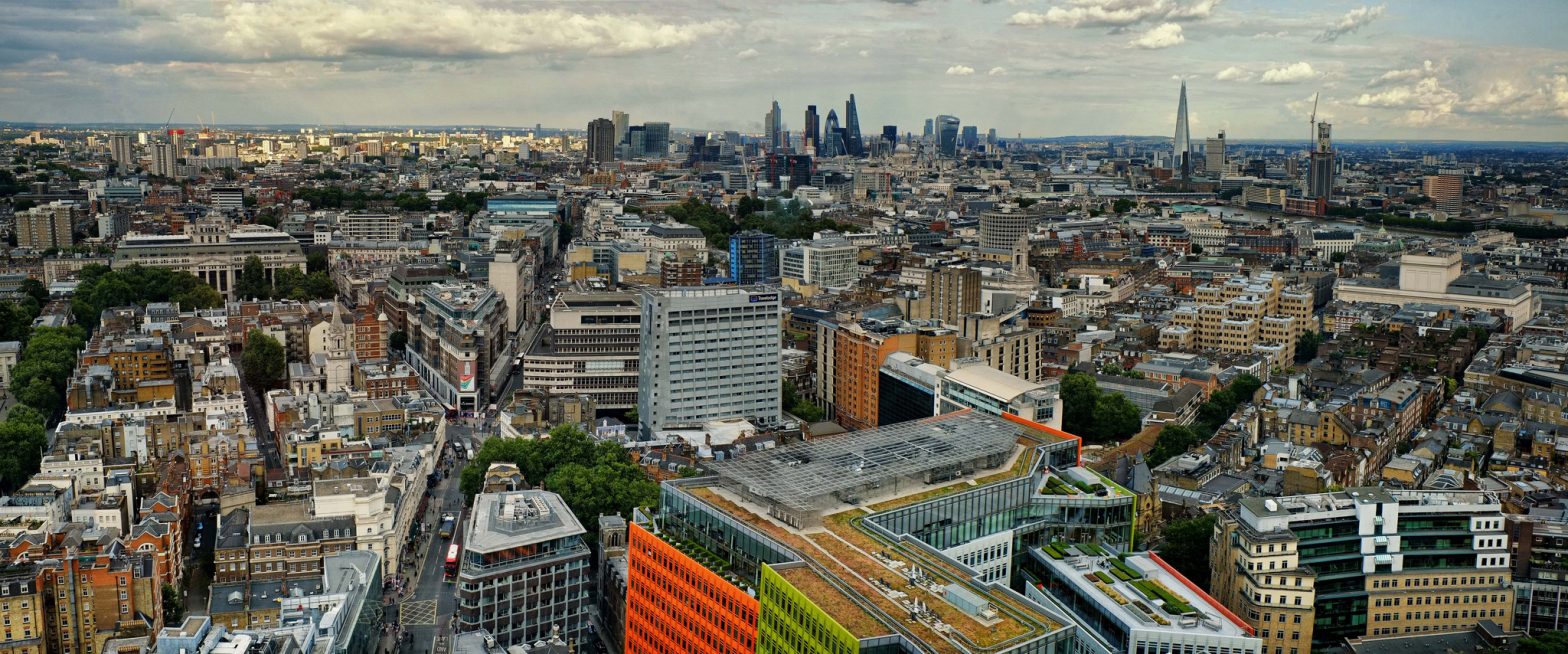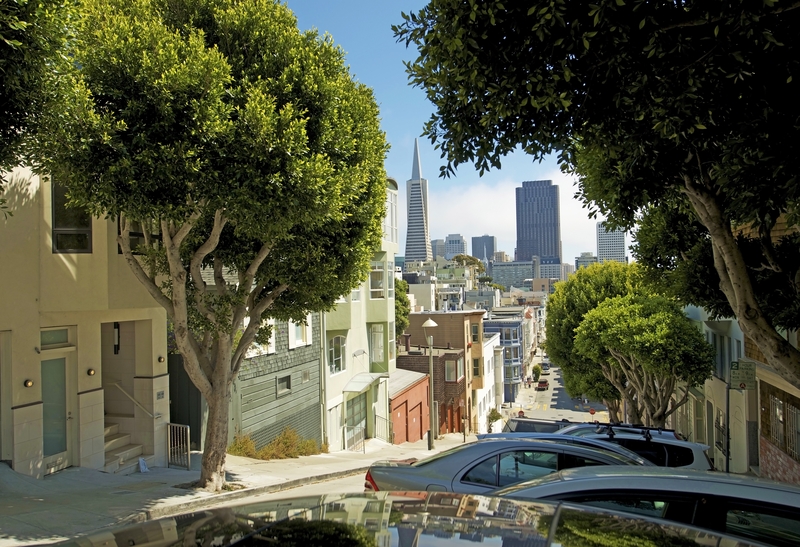
Photo: 14908882725_06f087d909_k
British public ‘lack awareness’ of smart cities
04 May 2016
by Jonathan Andrews
Only 18 per cent of the British public has heard of a ‘smart city’, according to research carried out by the Institution of Engineering and Technology (IET).
Awareness of ‘smart cities’ is lowest among those aged over 65 (6 percent) and highest among those aged 18 to 34 (37 percent). Yet, one third of respondents were unable to select the correct definition of a smart city from a list of options with 8 percent believing the term related to a city’s proportion of universities and colleges. A further 5 percent saw it as “a city that has a strict cleaning regime for its buildings, roads and public places”.
The research is part of a new IET report, ‘Smart Cities – Time to involve the people’, which also reveals a lack of consumer consensus on the relevance of technologies typically associated with smart cities.

“In spite of substantial investment in smart cities from the [central] government, local authorities and businesses, most people don’t understand the concept,” said Alan Howard, Head of Thought Leadership, IET. “More importantly, [they don’t understand] how smart city digital communications technology could improve their quality of life.”
The report suggests that the public has yet to buy into the idea of smart cities–and be convinced of the value and benefits that technology, delivered on a city-scale, could bring.
When asked for their views on five smart city technologies and how useful they might be if they were introduced in their local area, the results revealed a lack of any clear consensus:
- 29 percent of respondents felt that ‘intelligent’ streetlights, from companies like Philips Lighting, to improve safety, deter crime and save energy would be most useful.
- 25 percent were most interested in buildings that generate their own energy–and collect and recycle water and waste.
- 23 percent thought sensors embedded in roads and buildings which measure traffic flows, predict congestion, and adjust traffic lights and signals, would be most useful.
- 15 percent would most like to receive up-to-the-minute travel information via smart phone, enabling them to plan and pay for journeys, using different types of transport.
- 8 percent saw most value in being able to order driverless or electric transport from their smart phone.
The report however cites projects in Glasgow, Peterborough, Bristol and London that have successfully taken a people-centred approach to smart cities and offer examples of how technology can improve the quality of life for residents, workers and visitors alike.
“Promoting ‘lessons learned’ from pilots like those in Glasgow, Peterborough, Bristol and London will help inspire, inform and influence more local authorities and communities about how technologies can improve the quality of the daily lives of their citizens,” said Howard.
He revealed that the IET plans to follow up the survey and will work with industry to highlight gaps in new technologies being developed.
“The IET is calling for a UK-wide engagement programme involving industry and government, but also schools and universities, to generate dialogue and excitement about the benefits of smart cities and how they could improve many aspects of our lives,” he told Cities Today. “Putting people first, rather than technology, is essential if we are to improve quality of life and create liveable, connected and sustainable cities and communities in which to live, work and invest.”






